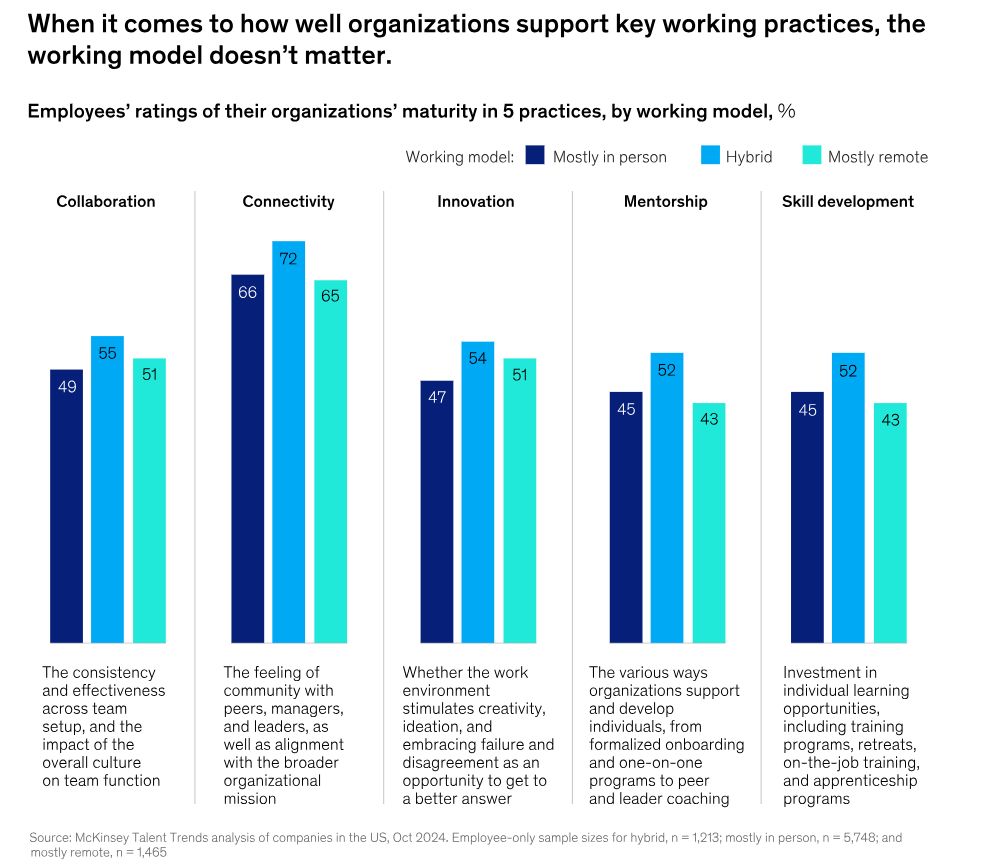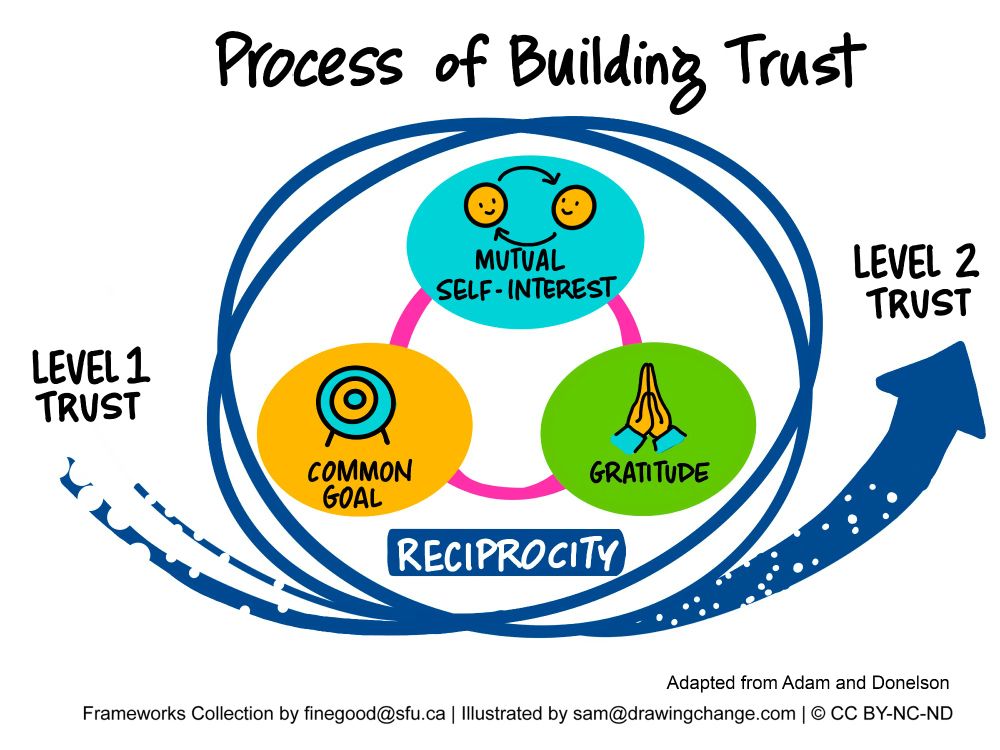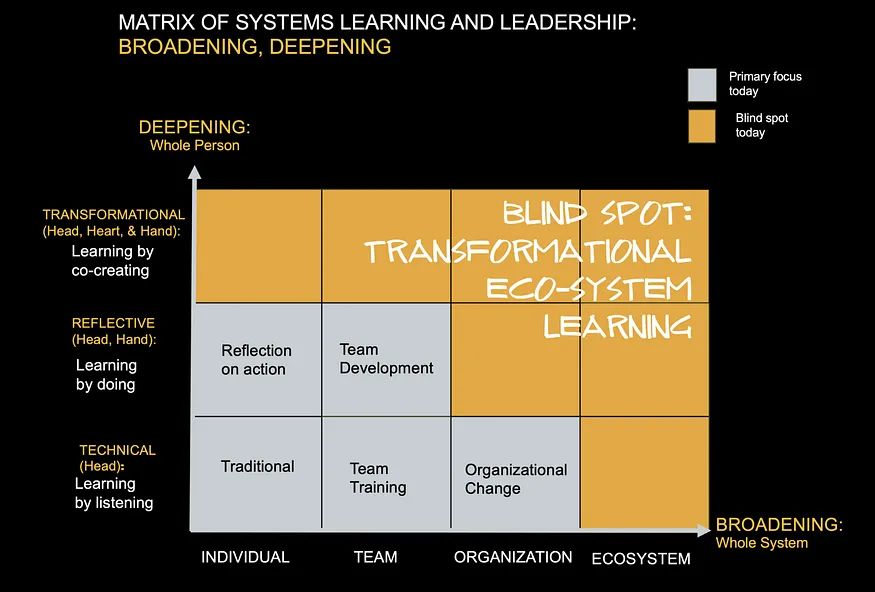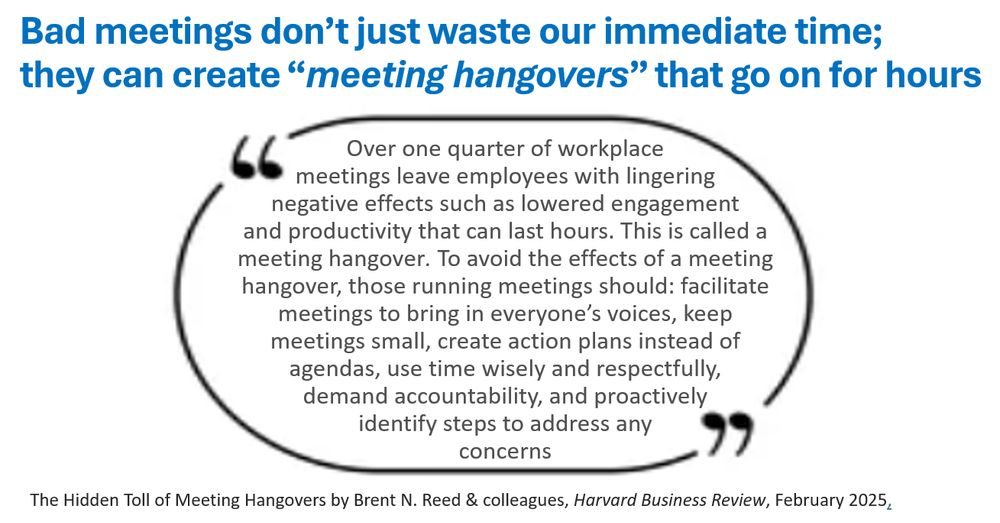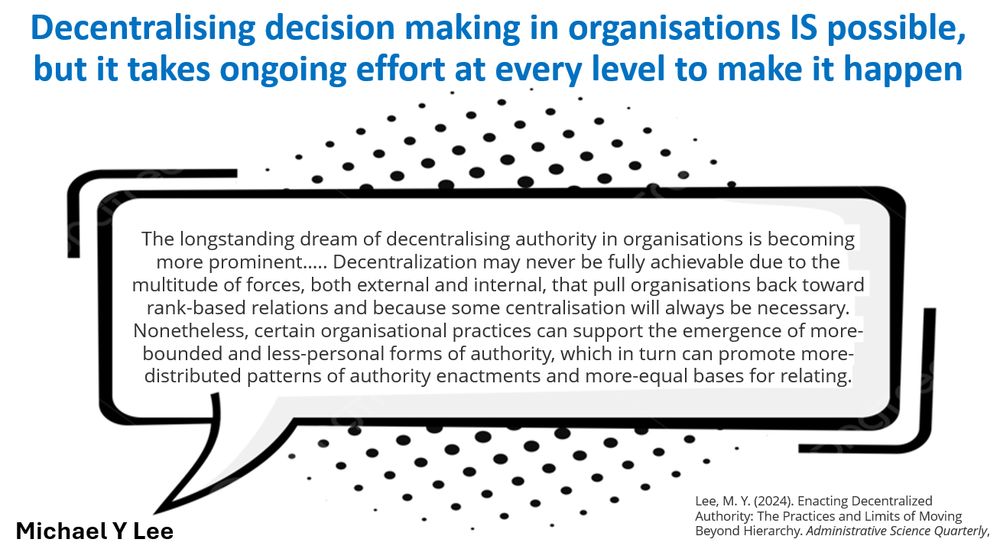Helen Bevan
@helenbevan.bsky.social
3.8K followers
2.2K following
66 posts
Change facilitator, co-designer of change interventions, speaker. Prof. of Practice in Health & Care Improvement at Warwick Business School. Advisor to NHS Horizons. Senior Fellow of Institute for Healthcare Improvement, USA. Views are my own.
Posts
Media
Videos
Starter Packs
Helen Bevan
@helenbevan.bsky.social
· Jan 17
Helen Bevan
@helenbevan.bsky.social
· Jan 17
Helen Bevan
@helenbevan.bsky.social
· Jan 17


